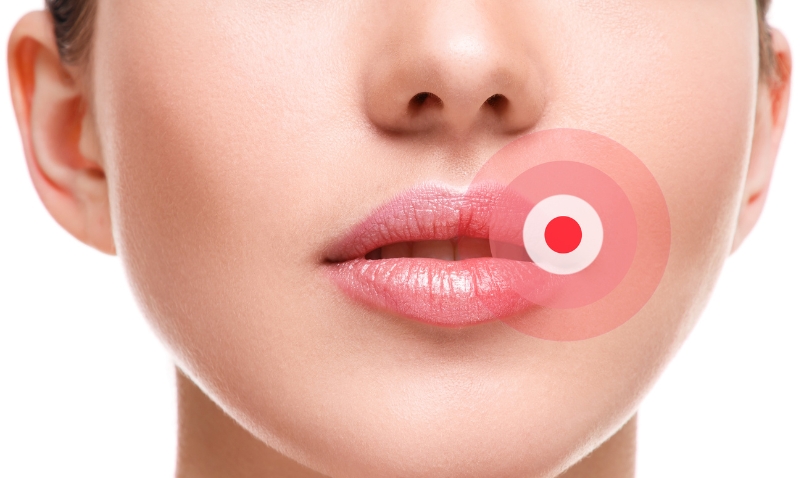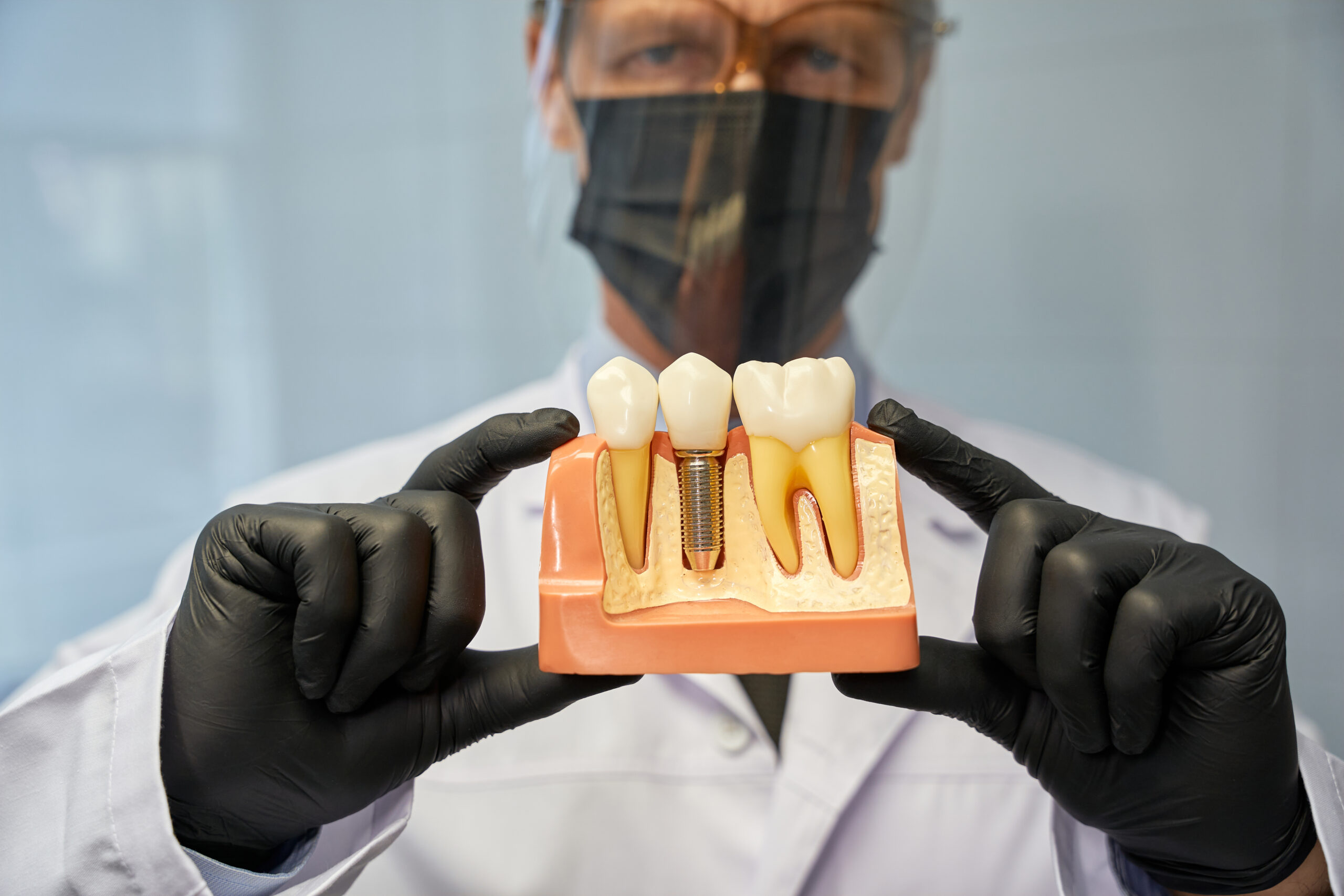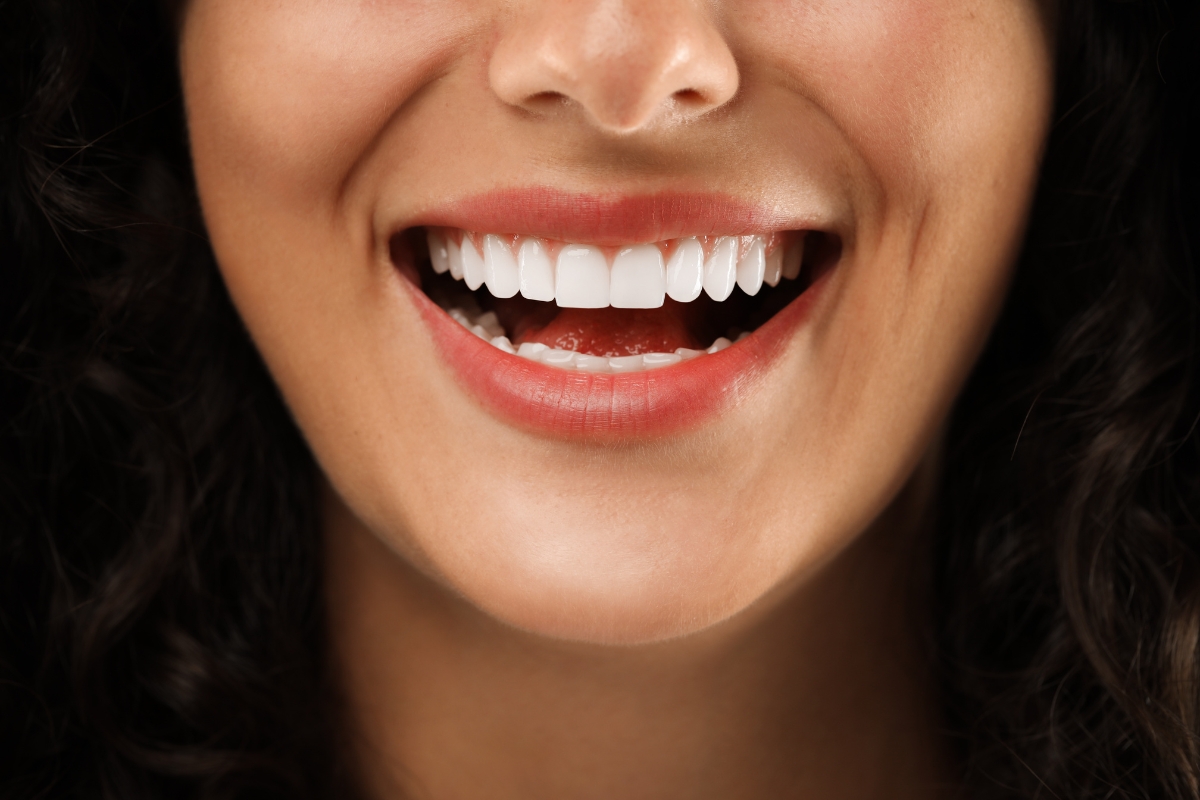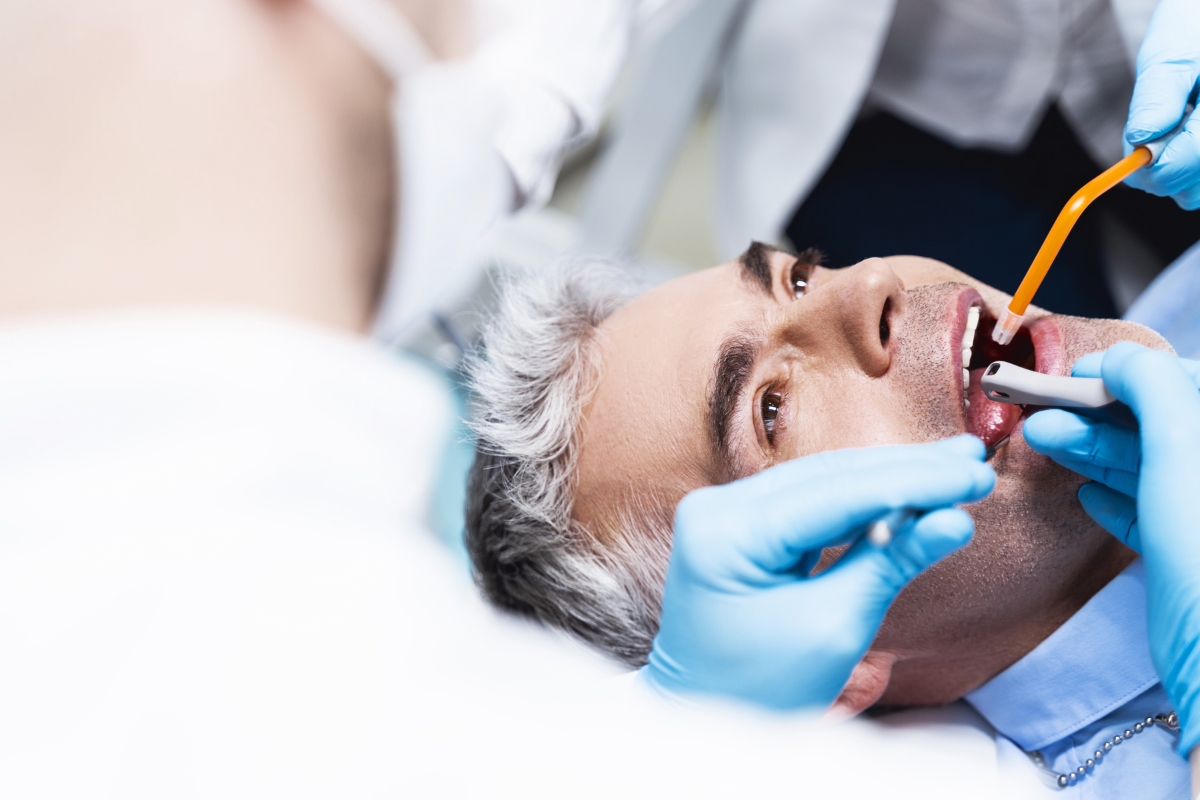
How Smoking And Genetics Affect The Success Of Your Dental Treatments
September 27, 2023
Oral Health
Welcome to our blog, where we explore the fascinating world of dental treatments and the numerous factors influencing their success. Today, we will examine two significant factors that are frequently overlooked: smoking and genetics. Yes, you read that correctly; these seemingly unrelated factors can significantly impact your dental health and treatment efficacy. If you are a smoker or merely curious about the role of genetics in dentistry, this article is for you. Join us as we reveal the links between smoking, genetics, and effective dental treatments. Prepare to be astounded!
The Effects Of Smoking On Dental Treatments
The propensity of smoking has far-reaching effects that extend beyond the respiratory system. Smoking can have a significant impact on the effectiveness of dental treatments.
Discoloration: Let’s begin by discussing the most obvious influence of smoking on oral health: discoloration. These once-dazzling teeth now bore the telltale signs of nicotine and tar buildup. This discoloration can be difficult to eliminate, even with professional teeth whitening procedures.
Risk Of Infection: In addition to pigmentation, smoking penetrates deeper into the gums. The chemicals in cigarettes are harmful to gum tissue and inhibit its ability to recover. Expect slower healing periods and an increased risk of complications, such as infections, if you are a smoker undergoing dental surgery or any intensive treatment involving your gums.
Weakening The Immune System: Smoking weakens the immune system, making it more difficult for the body to battle infections and heal wounds. Consequently, if you are considering dental implants or other restorative procedures while continuing to smoke, smokers should be aware that the risk of implant failure or post-treatment infection is substantially increased.
Periodontal Disease: Smoking is significantly associated with periodontal disease, a severe form of gum disease characterized by inflammation and bone loss around the teeth. In addition to necessitating extensive treatment, periodontal disease can complicate other dental procedures by compromising oral health.
Smoking presents numerous obstacles to the success of dental treatments, including persistent discoloration and delayed healing, as well as an increased risk of complications such as infection and implant failure. If you are serious about maintaining excellent oral health and maximizing the success of dental procedures, quitting smoking should be a top priority.
However, remember that knowledge is power! In the following section, we will examine the role of genetics in dentistry, so stay tuned!
The Effects Of Genetics On Dental Treatments
The health of our teeth and gums, in general, is greatly influenced by genetics. While some people may have strong, healthy teeth via genetic predisposition, others may be more prone to dental problems, including cavities, gum disease, or misalignment.
Enamel thickness: Enamel thickness is one of the key genetic characteristics that can influence dental treatments. The outer layer that protects our teeth is called enamel, and people with weak enamel are more prone to dental decay and sensitivity. On the other hand, people with thicker enamel typically have stronger, more resilient teeth.
Structural Abnormalities: Additionally, genetics may have an impact on tooth alignment and jaw form. Some people may inherit a smaller jaw size or crooked teeth from their parents, which can cause crowding or bite issues. These problems not only detract from a person’s smile’s beauty but also raise the possibility of oral health problems.
Body’s Reaction To Medications: Furthermore, our bodies’ reactions to dental operations, such as anesthesia or medication, might be influenced by genetic factors. For instance, genetic variances may cause certain people to process drugs differently, necessitating the use of tailored treatment programs by dentists for the best outcomes.
Dentists can adapt their treatment philosophies to understand these hereditary impacts better. Preventive actions like routine cleanings and screenings become essential in preserving good dental health for those who have inherited weaker enamel or structural abnormalities in their mouth.
In conclusion, genetics unquestionably affects our oral health results. Patients and dental professionals can collaborate to create tailored treatments that effectively meet individual needs by being aware of these genetic factors.
The Best Dental Treatments For Smokers And Those With Genetic Predispositions
Certain factors must be considered when receiving dental care if you smoke or have a genetic predisposition. These considerations can considerably impact the effectiveness of many dental procedures. What are the ideal dental procedures for these specific groups of people, then?
Regular Examination For Early Detection: Before beginning any particular therapy, smokers should address the negative impact of smoking on their dental health. Smoking has been associated with an increased risk of oral cancer, tooth decay, and gum disease. Therefore, regular cleanings and examinations are essential for early detection and intervention.
Scaling And Root Planing: Dental practitioners may suggest extensive cleaning procedures like scaling and root planing as a treatment option for smokers. This thorough cleaning helps smooth out rough spots on tooth roots and removes plaque accumulation below the gum line.
Teeth Whitening: Another method to counteract smoking-related discoloration is teeth whitening or cosmetic dental operations. You can also repair broken teeth with porcelain veneers or tooth-colored fillings.
Individualized Treatment: For those whose oral health is impacted by genetic predispositions, individualized treatment regimens should be created with a dentist who can assess their particular requirements. This can entail scheduling preventive care appointments more frequently, including cleanings or fluoride treatments.
Orthodontic Treatment: Additionally, orthodontic treatment may be suggested if a person has misplaced teeth or problems with the anatomy of their jaw due to genetics. Both the appearance and usefulness can be enhanced with braces or transparent aligners.
Customized Plan By Dentists: The finest dental care for smokers and people with genetic predispositions demands a customized strategy from experts aware of these particular difficulties. Before offering suitable remedies, dental care professionals will evaluate each individual’s unique condition.
Regular Dental Hygiene Practices: Regardless of your unique situation, remember that proper dental hygiene practices at home are equally vital! No matter your habits or genetics, regular brushing, flossing, mouthwash use, and regular professional cleanings will go a long way toward guaranteeing good oral health!
Dental hygiene is essential for an attractive smile and overall health. However, smoking and genetics can substantially impact the efficacy of your dental treatments.
Both genetics and smoking can affect the efficacy of dental treatments. You can improve the outcomes of future dental treatments by proactively managing these factors through lifestyle changes such as quitting smoking and by working closely with your dentist to resolve genetic concerns proactively.
Keep in mind that your smile makes a difference! Take charge of these things as much as you can today for a better tomorrow.
More Blog Posts

How Long Do Dental Crowns Last and What Affects Their Lifespan?

Correcting Tooth Gaps: Using Dental Veneers to Fix Diastema Without Braces in Matthews

Why Dr. Dawson Recommends Root Canal Over Extraction

Celebrating Dr. Ashley Dawson: Honored as One of America’s 40 Under 40 Top Dentists for 2025


